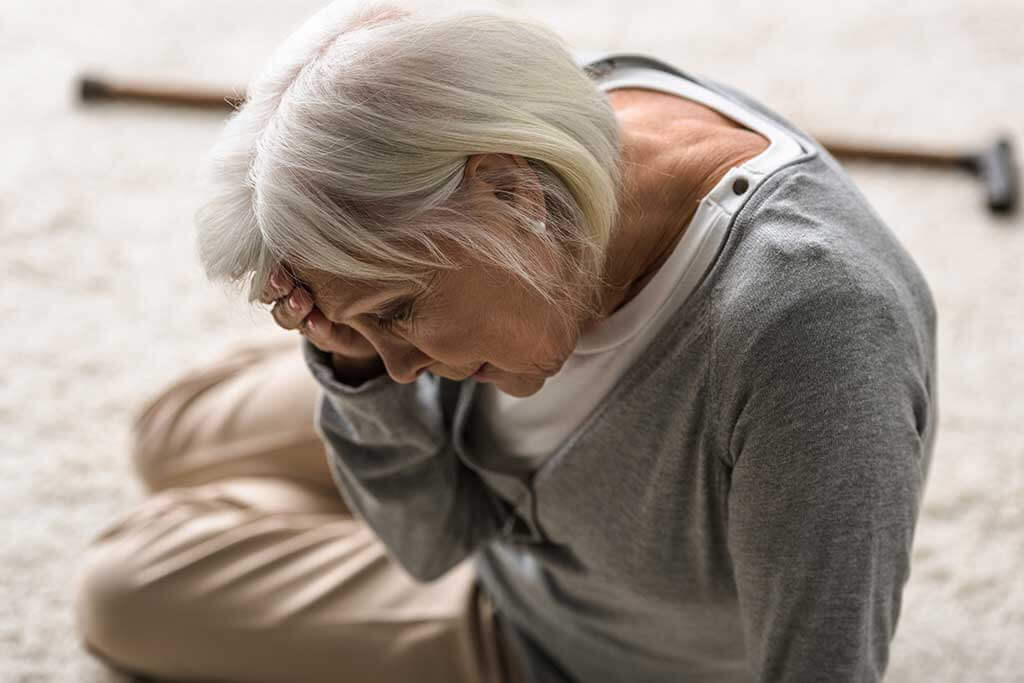A good sense of balance is important as it allows for coordinated movement and walking. If your body has no sense of balance, you may find it difficult to walk, coordinate your movements, or reach for objects. You may also feel dizzy. However, as you age, it becomes quite common to lose some sense of balance. Therefore, it is important to know what are the causes of loss of balance in the elderly, so that we can prevent or treat the problem
Why Is the Sense of Balance Important for the Elderly?
Without a sense of balance, the elderly will find it challenging to walk and move properly. This makes even simple daily tasks such as eating, going upstairs, walking, showering, and doing chores become difficult. In addition, this may cause them to be more prone to falls when unsupervised, which may be serious to the elderly. They may also feel uncomfortable and unwell as they may experience dizziness and lightheadedness. Hence, if your loved ones have balance problems, bring them to a doctor. They may also need proper supervision. It may be a good idea to place them in a senior living community with a good health program if you are unable to care for them yourselves.
The following are some of the common causes of loss of balance.
Deterioration of Vision
It is common for the elderly to experience deterioration in vision. As the vestibular system works with the eyes to send information to the brain on how to coordinate movements of the body, vision plays a huge part in having a good sense of balance. If vision is impaired, several issues may arise, such as double vision or depth perception which affects the accuracy of the information passed on to the brain. Hence, the brain is unable to coordinate movements properly, resulting in a loss of balance.
Problems with Inner Ear
As the vestibular system is located in the inner ear, problems with the inner ear will directly affect balance as the vestibular system is compromised. The vestibular system can sense your movements, as well as your position with respect to your surroundings. It sends this critical information to the brain so that the brain can decide on how to move the body for you to not fall.
Joints and Muscle Issues
People in their golden years may suffer from more chronic conditions that affect their physical abilities. Joint pain, lower back pain, stiffness, and past physical injuries may cause their body to have limited physical capabilities. It may be more difficult for them to walk properly without losing their balance easily as moving some parts of their body may result in pain. Their range of motion may also be smaller hence contributing to difficulties of movement.
Abnormal Blood Pressure
If your loved ones’ blood flow and blood pressure are not in the normal range, this can cause balance problems as blood is essential to keep all the systems in the body running smoothly – including the vestibular system and the brain. Conditions that may cause abnormal blood pressure include low blood pressure, heart failure, atherosclerosis, as well as heart arrhythmias.







